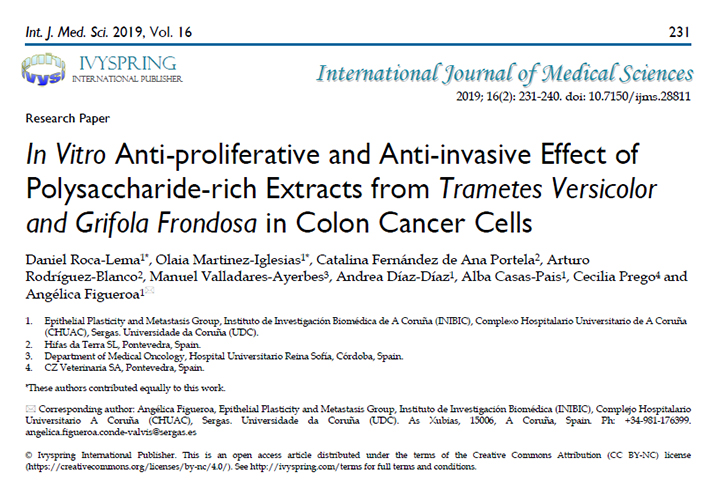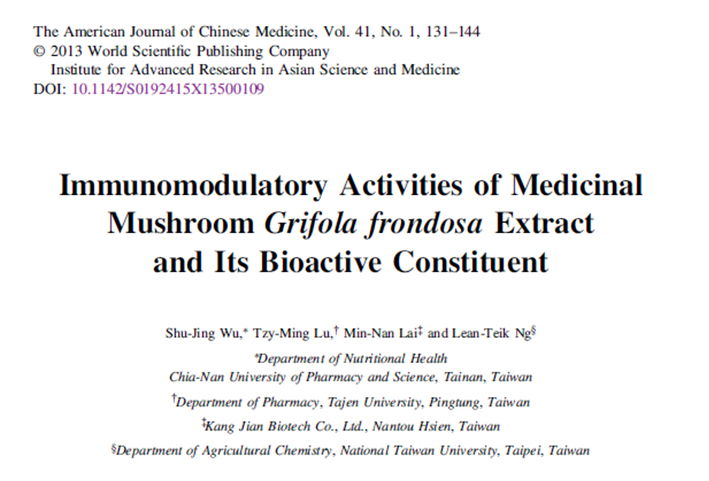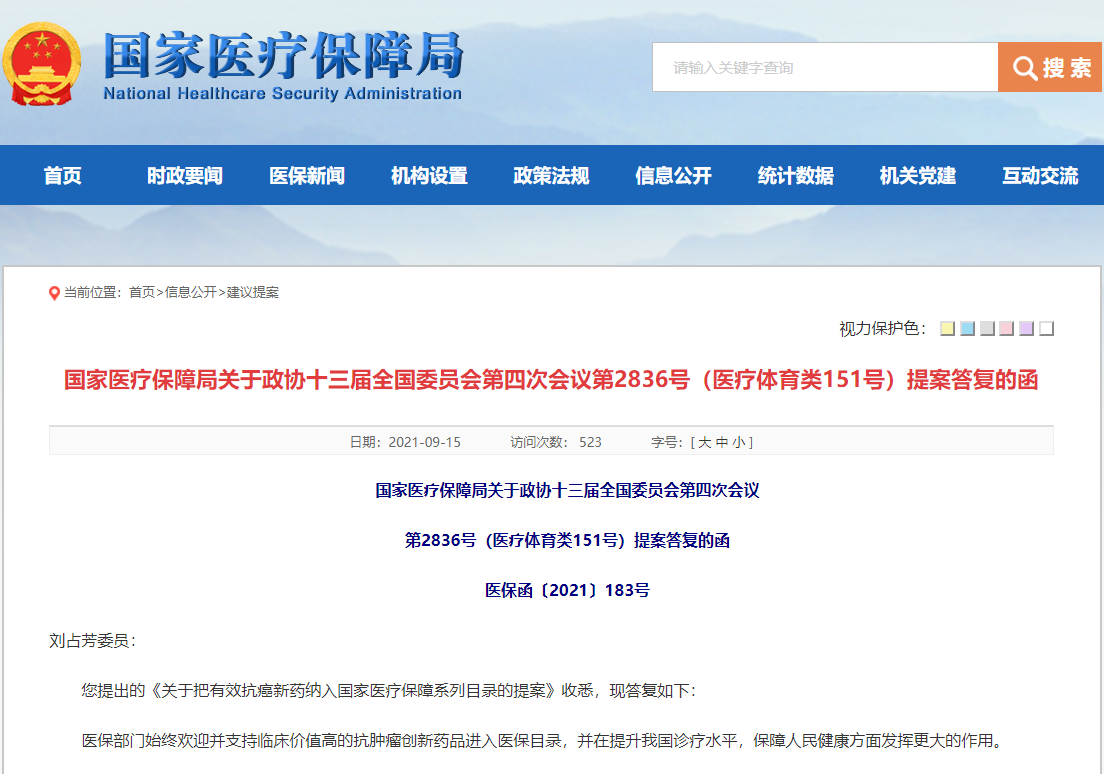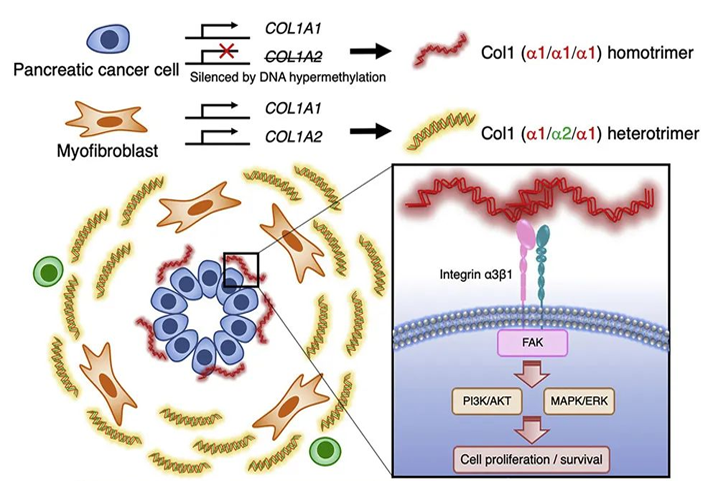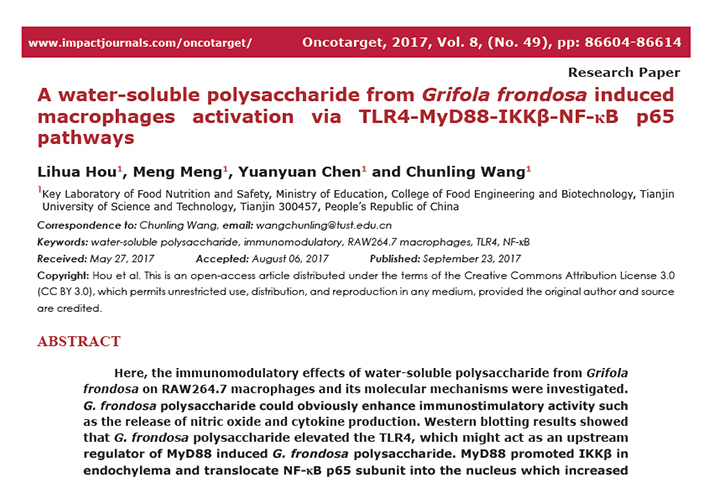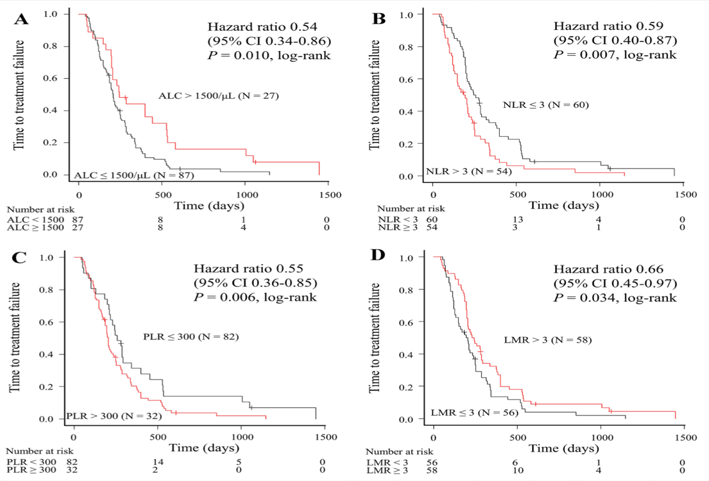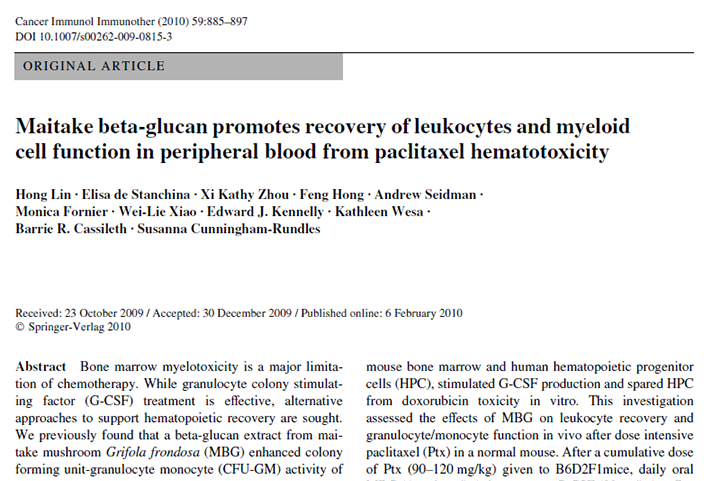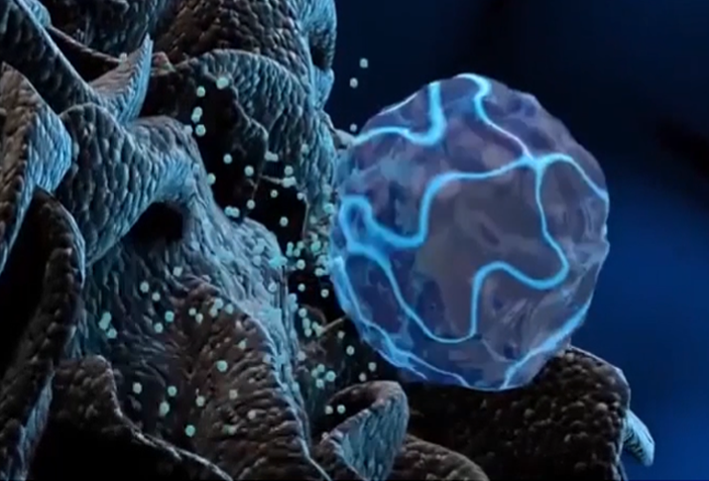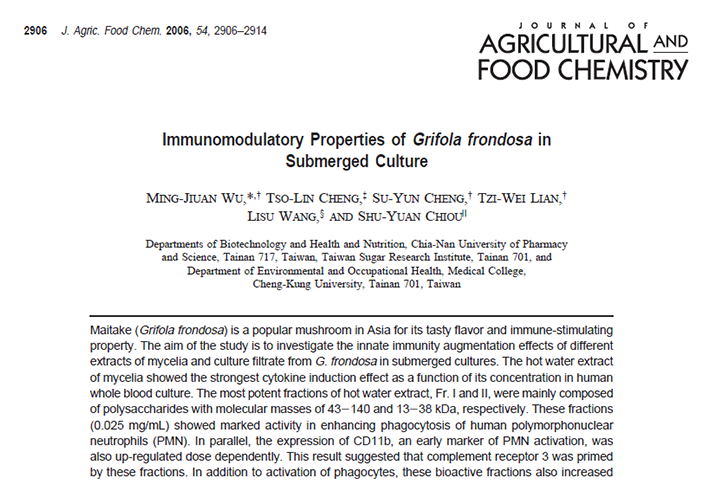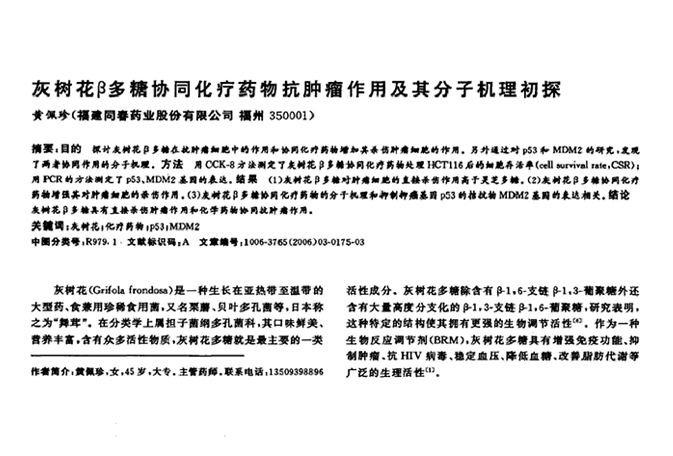As early as 2billion years ago, life began to fight cancer. Cancer cells are very "smart". They are good at camouflage and deception. Cancer cells can fool the immune system of the human body (and other hosts), so that the immune system thinks it is a normal cell, continues to absorb nutrients from the human body, and then continues to grow. Moreover, the deceptive ability of cancer cells will become more and more sophisticated as the situation changes.
On July 21, 2022, researchers from MD Anderson Cancer Center of the University of Texas published a research paper entitled an oncogenic colon I homotrimer from cancer cells binds to a3B1 integrity and effects tumor microorganism and immunity to promote pancreatic cancer online in the journal Cancer Cell.
This study found that type I collagen (col1) produced by pancreatic cancer cells is an abnormal homotrimer variant with carcinogenic properties. The deletion of col1 homotrimer in cancer cells can inhibit tumor progression, reshape tumor microbiome, enhance T cell infiltration, and make anti-PD-1 immunotherapy more effective.


Specific collagen exists in pancreatic cancer cells
Type I collagen is the most abundant protein in the body. It is produced by fibroblasts and mainly exists in bones, tendons and skin. In its normal form, collagen consists of two α 1 chain (COL1A1) and one α 2 chain (COL1A2), which assemble to form a triple helix structure as part of the extracellular matrix. However, when studying human pancreatic cancer cell lines, researchers found that these cells produce atypical forms of collagen.
They found that these cells only express coding α 1 chain gene (COL1A1), while fibroblasts express both genes at the same time. Further analysis showed that cancer cells encode through epigenetic hypermethylation α 2 gene (COL1A2) is silenced, resulting in three α Cancer specific collagen "homotrimer" composed of 1 chain.

The loss of cancer specific collagen can reduce cancer progression and enhance anti-tumor immune response
In order to study the effect of this observation in vivo, the researchers constructed a mouse model of pancreatic cancer in which COL1A1 was knocked out, and COL1A1 was only missing in cancer cells. The deletion of col1 in cancer cells significantly hindered the progress of pancreatic cancer, significantly reduced the pathological changes, lower the burden of pancreatic tumors, and prolonged the overall survival time of cancer mice.
After culturing cancer cells, it was found that the morphology of col1 deleted cancer cells was spindle shaped, the adhesion between cells was weakened, the cell proliferation rate was significantly reduced, the sensitivity to gemcitabine was increased, and the subcutaneous tumor formation rate was reduced.
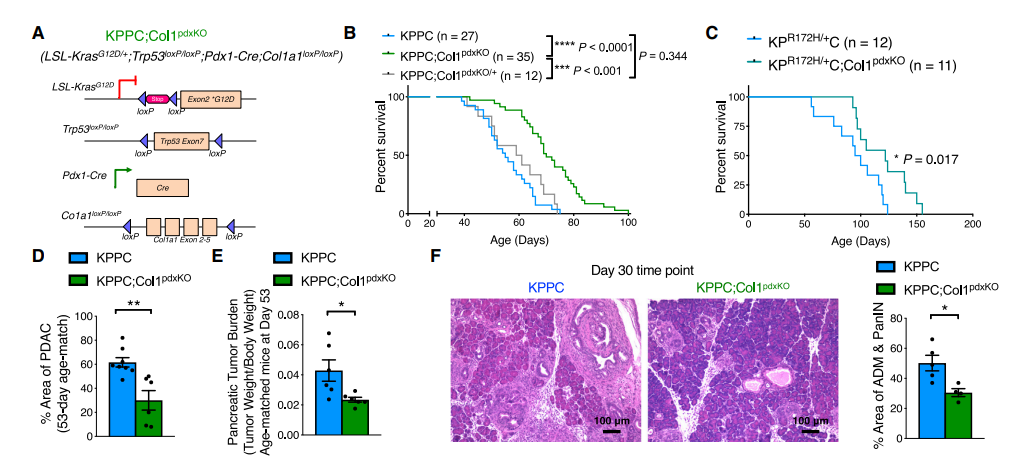
Cancer specific collagen changes tumor microbiome and immune characteristics
Given the relationship between tumor microbiota and immune response, researchers next explored the microbiota in mouse models. Interestingly, the loss of cancer specific collagen will lead to significant changes in the bacterial composition in the tumor, with a decrease in Bacteroides and an increase in Campylobacter. Col1 deficient cancer mice maintained intestinal flora homeostasis, and their flora classification pattern was similar to that of tumor free mice, while cancer infected control mice showed abnormal intestinal microbiome.
At the same time, the composition of immune cells in the tumor has also changed, with a corresponding reduction in myeloid suppressor cells (MDSCs) and an increase in T cells, which is more conducive to achieving good survival results.
In order to determine the impact of the microbiome on tumor immunity, researchers used broad-spectrum antibiotics in combination with treatment, and found that destroying the microbiome with antibiotics can completely reverse these effects, indicating that cancer specific collagen promotes cancer progression by enhancing the tumor promoting microbiome. This is early evidence that the extracellular matrix directly affects the tumor microbiome, which can help researchers understand how cancer cells produce these adaptive immune responses.
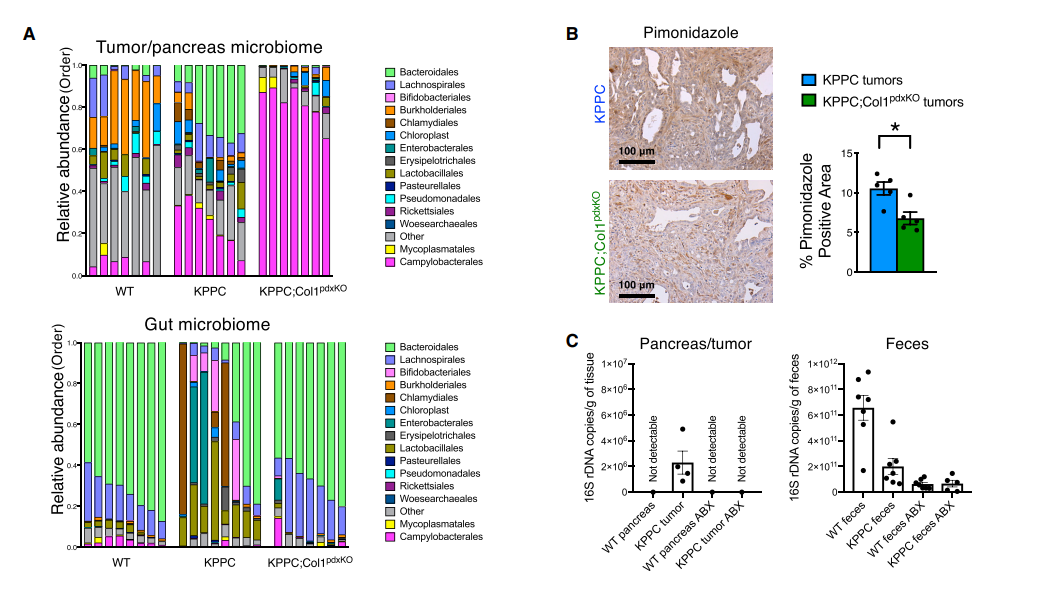
In addition, these knockout mice responded better to PD1 immunotherapy and showed longer overall survival. This indicates that targeting this cancer specific collagen helps to enhance the anti-tumor immune response.
Further studies have clarified some of the mechanisms behind these findings, suggesting that the loss of cancer specific collagen increases the level of CXCL16, which can attract T cells and reduce the expression of CXCL5, which can attract MDSCs. The loss of collagen homotrimer also increases the amount of normal fibroblast collagen in the matrix, which inhibits tumor progression.
The study also found that abnormal collagen is associated with a protein called integrin α 3, up regulate the signal pathway related to cancer cell proliferation. In fact, integrin is inhibited in vivo α 3 will increase T cell infiltration and prolong survival time, suggesting that this interaction may be a specific target of potential treatment strategies.
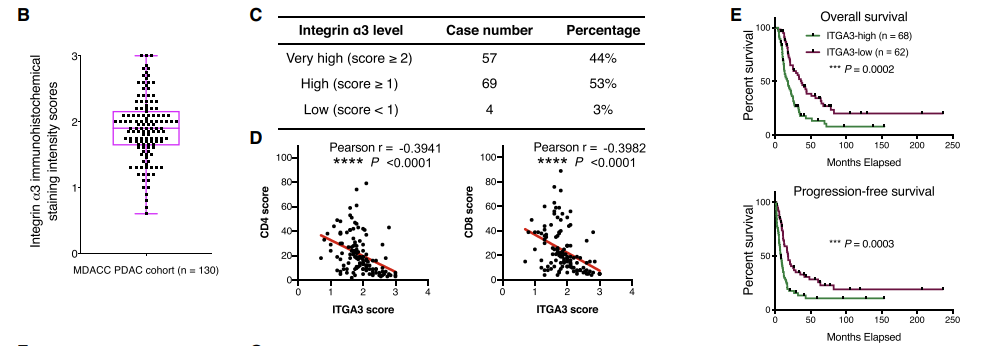
summary
This study found that pancreatic cancer cells will specifically produce atypical form of type I collagen, thus forming a unique extracellular matrix, affecting the tumor microbiome, inhibiting immune response, and promoting the progress of cancer. This abnormal collagen structure is fundamentally different from the normal collagen produced in the human body, and provides a highly specific target for cancer treatment.
Raghu kalluri, the corresponding author of this study, said: in normal human body, no other cells produce this unique collagen. Therefore, this discovery provides great potential for the development of highly specific cancer therapies, which is expected to improve patients' response to treatment. In addition, kalluri also pointed out that although the current research is only limited to pancreatic cancer, type I collagen homotrimer is also found in other cancer types, including lung cancer and colon cancer, which indicates that there may be a unified principle of broad significance for cancer treatment.
Paper link:
https://doi.org/10.1016/j.ccell.2022.06.011
Article source:


